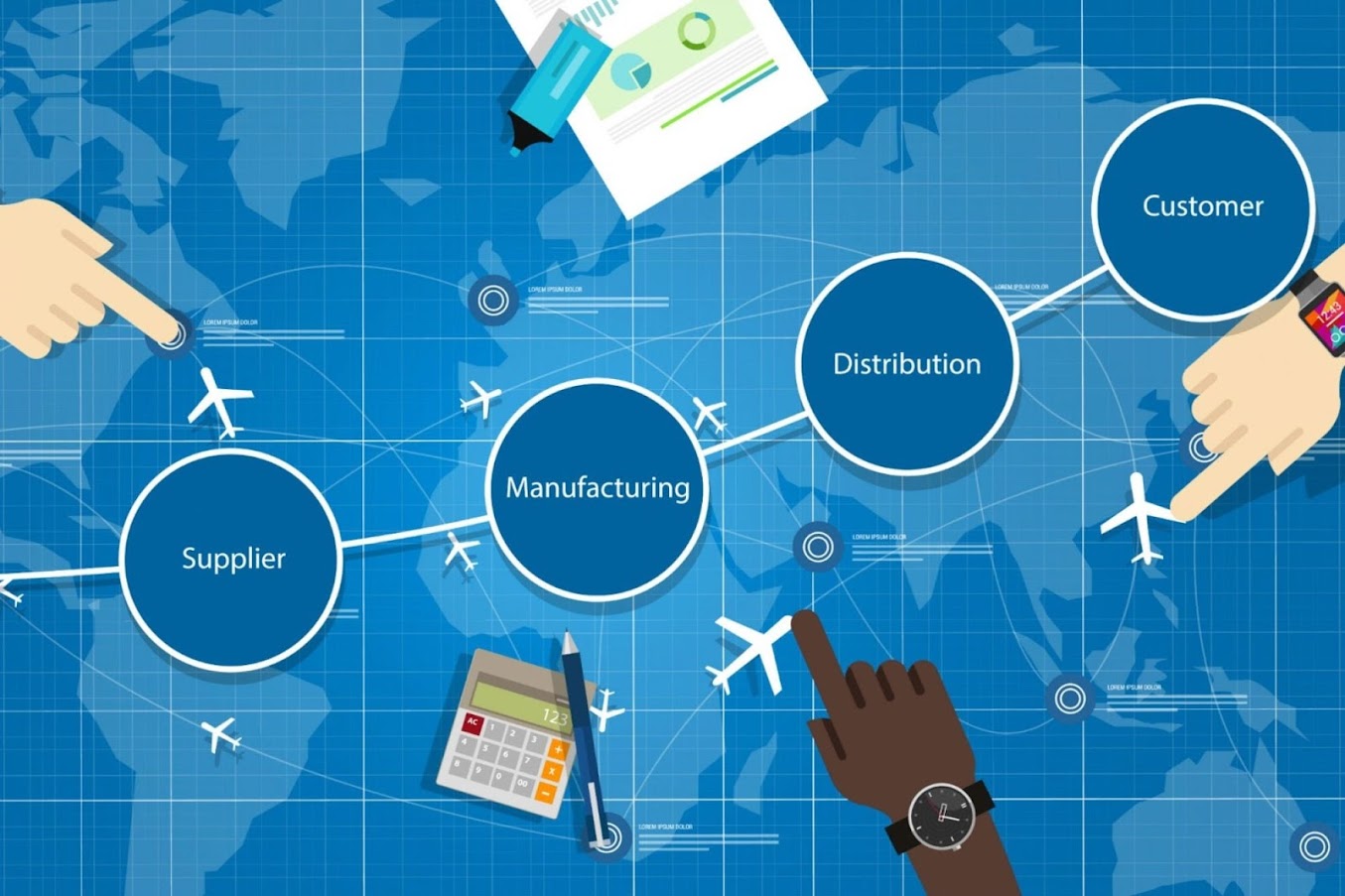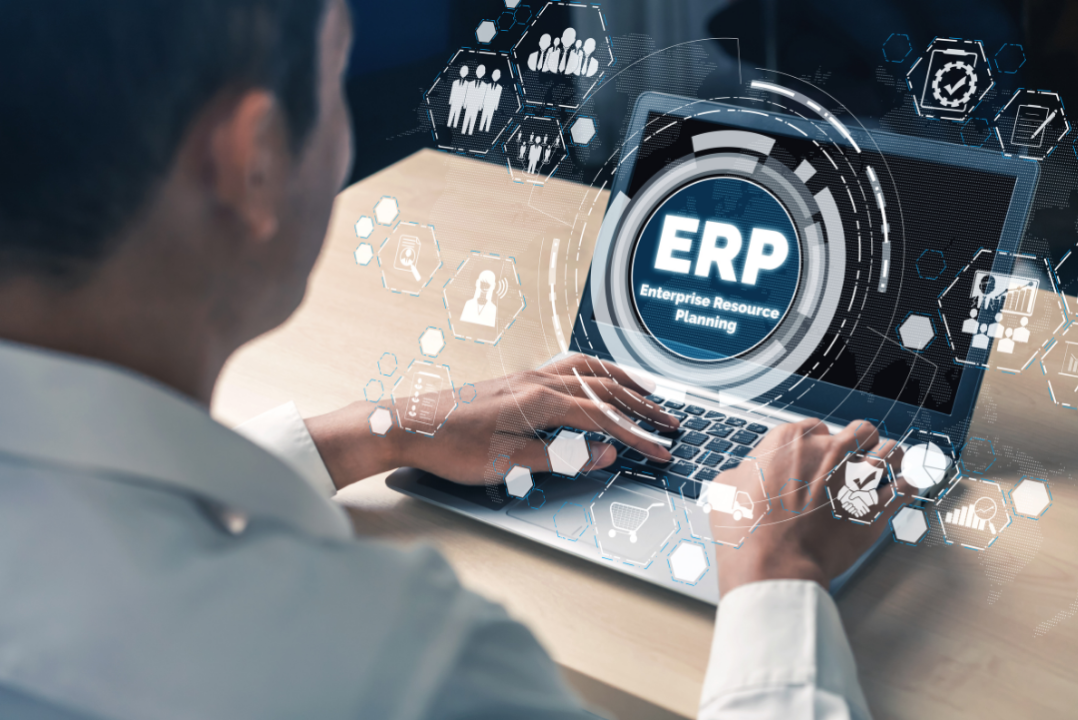Businesses today are operating in a highly competitive environment where staying ahead of the competition requires them to be efficient, agile and innovative. Companies need to constantly adapt and evolve to keep up with the changing business landscape. This is where Enterprise Resource Planning (ERP) software comes into play. ERP systems have become an essential tool for modern businesses, helping to streamline operations, improve efficiency, reduce costs, and enhance customer satisfaction.
Understanding ERP Systems: A Comprehensive Overview
ERP systems are a type of software that integrates all aspects of a business’s operations into a single system. This includes everything from finance and accounting to supply chain management, human resources, customer relationship management and more. ERP systems work by integrating data and processes from different departments of an organization, providing real-time access to critical information and insights.
By streamlining processes and improving communication across various departments, ERP systems help businesses automate manual tasks, increase efficiency, reduce errors and make better-informed decisions. When used correctly, ERP software can deliver significant benefits to businesses of all sizes, from small startups to large multinational organizations.
How to Use ERP Systems for Optimal Results
The key to achieving optimal results from ERP systems is to first understand your business needs and then align the ERP solution accordingly. Here are some tips to get started:
- Identify Your Business Needs – Before implementing an ERP system, it is important to identify what specific areas of your business can benefit from automation. This could include financial management, inventory control, order processing, customer service, etc.
- Choose the Right ERP System – There are numerous ERP solutions available on the market, each with its own features and functionalities. Carefully evaluate each option to find the one that best suits your business requirements.
- Define Clear Objectives – Set clear objectives and goals for your ERP implementation, and communicate them clearly with your team. Ensure that everyone understands the purpose and expected outcomes of the ERP system.
- Train Your Team – Proper training is essential to ensure that your team can use the ERP system effectively. Provide comprehensive training on the system’s features, functionalities, and processes so that your team can get the most out of it.
- Monitor Performance – Regularly monitor the performance of your ERP system to identify areas for improvement. Use data analytics tools to track metrics such as productivity, efficiency, and customer satisfaction, and use this information to make data-driven decisions.
Examples of Successful ERP Implementations
There are many examples of businesses that have successfully implemented ERP systems and reaped significant benefits from them. Here are some of our top picks:
- Coca-Cola Bottling Co. Consolidated: The bottling company implemented an SAP-based ERP system that helped them streamline operations and reduce costs across all departments.
- Hershey’s: The candy maker implemented a custom ERP system that helped them gain better visibility into their supply chain, improve inventory management, and enhance the customer experience.
- Amazon: The online retail giant relies heavily on its custom-built ERP system, which helps them manage everything from order processing and shipping to inventory management and financials.
How ERP Systems Compare to Other Business Solutions
While there are many software solutions available to help businesses automate and manage their operations, ERP systems are unique in their ability to integrate multiple functions into a single system. This makes them highly versatile and scalable, making them suitable for businesses of all sizes and industries.
Compared to other business solutions such as Customer Relationship Management (CRM) or Supply Chain Management (SCM), ERP systems provide a more comprehensive solution that covers all aspects of a business’s operations. CRM systems focus primarily on managing customer interactions and improving sales while SCM systems are focused on managing the flow of goods and services. While these are important functions, they do not offer the same level of holistic integration that ERP systems provide.
Top 5 FAQs on ERP Systems
What is an ERP system?
An ERP system is a software solution that integrates various aspects of a business’s operations, from finance and accounting to supply chain management and customer relationship management.
Who benefits from using an ERP system?
ERP systems benefit businesses of all sizes and industries. They help to streamline processes, reduce costs, improve efficiency, and enhance customer satisfaction.
How much does an ERP system cost?
The cost of an ERP system can vary widely depending on the size of your business, the complexity of your operations, and the specific features and functionalities you require. It’s important to carefully evaluate different options to find the one that best suits your needs and budget.
How long does it take to implement an ERP system?
The time it takes to implement an ERP system can vary depending on the size of your business and the complexity of your operations. Smaller businesses may be able to implement an ERP system in a matter of weeks, while larger enterprises may take several months or even years.
Can an ERP system be customized?
Yes, ERP systems can be customized to meet the specific needs of a business. Many ERP vendors offer customization options that allow businesses to tailor the software to their unique needs and requirements.
The Future of ERP Systems
As technology continues to evolve, so too will ERP systems. In the coming years, we can expect to see even more advanced features and functionalities become available, such as artificial intelligence (AI) and machine learning (ML). These technologies will help businesses automate even more tasks, improve decision-making processes, and enhance the overall user experience.
Another trend we can expect to see in the future is increased adoption of cloud-based ERP systems. Cloud-based solutions provide numerous benefits, including reduced costs, greater scalability, and improved flexibility. As more businesses move towards cloud-based solutions, we can expect to see an even greater demand for ERP systems that are designed to work seamlessly in the cloud.
Conclusion
In today’s fast-paced business environment, ERP systems have become an essential tool for driving efficiency, productivity, and profitability. By integrating all aspects of a business’s operations into a single system, ERP software helps to streamline processes, reduce errors, and make better-informed decisions. While there are many software solutions available to businesses, ERP systems offer a unique level of comprehensive integration that cannot be matched by other solutions.
When implemented correctly, ERP systems can deliver significant benefits to businesses of all sizes and industries. By following the tips outlined in this article, businesses can ensure that they get the most out of their ERP system and achieve optimal results.



